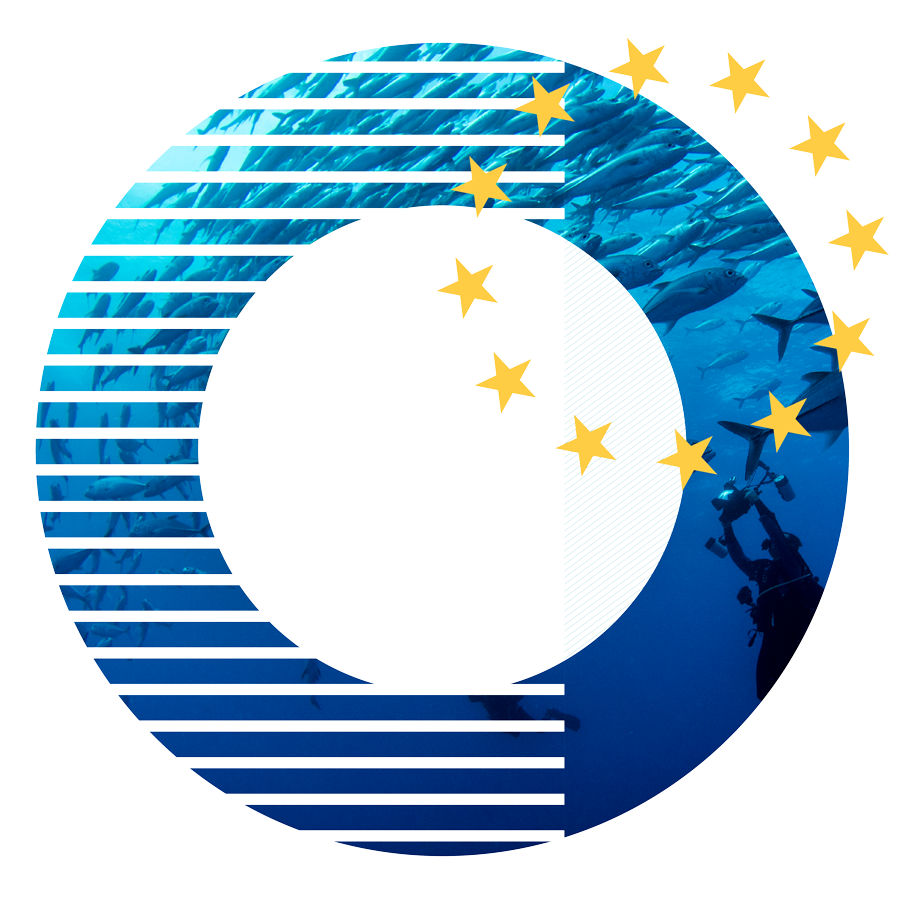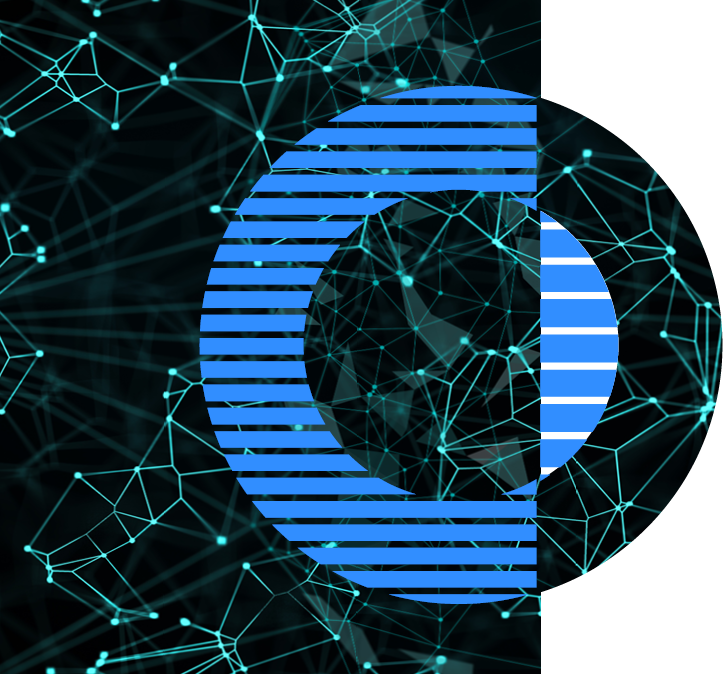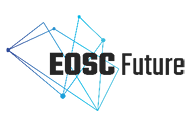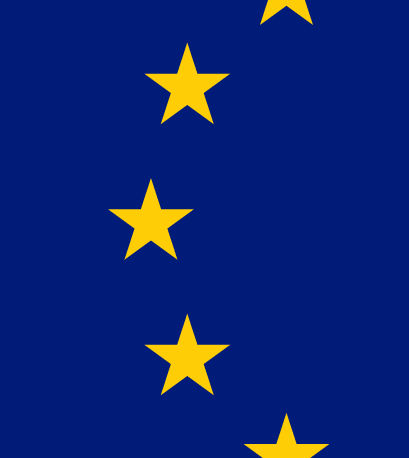
EOSC Future
A Horizon Europe project
Data collection, management & analysis

EOSC Future will build on the existing work oft he European Open Science Cloud to deliver a platform with a durable sustainable set of user-friendly. It will adopt a “system-of-systems” approach to the EOSC platform, linking together other research portals, resources and services to respond to the data needs of a wide range of researchers.
EMBRC provides cutting-edge, interdisciplinary, and customised related services to the topic of the project.

This project was co – funded by the European Union (GA# 101017536 – EOSC Future ).
Views and opinions expressed are however those of the author(s) only and do not necessarily reflect those of the European Union. Neither the European Union nor the granting authority can be held responsible for them.


